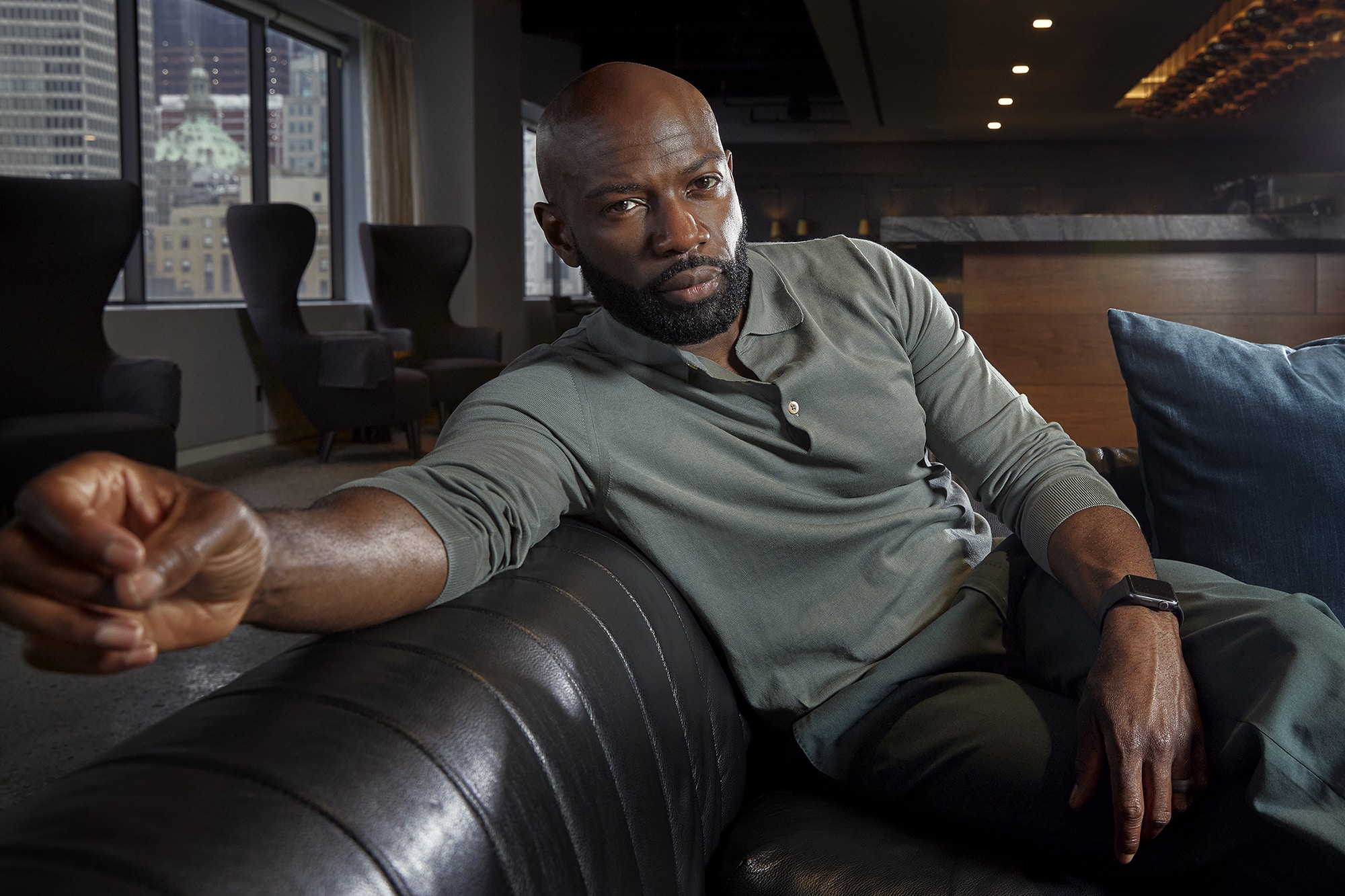Having a child while still a teenager yourself would divert many young people’s life path from its original, desired course. But David Gyasi used this unexpected, profoundly transformative event to inspire him to double down on his ambition to become an actor, and become the foundation on which to build an extraordinary career.
David was 19, and his now-wife Emma a year younger, when their daughter Elèna was born. He attended the University of Middlesex, North London, to study performing arts in the day, while working evenings and nights in a supermarket near his home a two-hour train journey away. All while juggling childcare with Emma, who was also studying full-time.
This approach — facilitated by his resolute faith — paid off handsomely, as now exemplified by his impressive body of work. Standout achievements include a significant role in Christopher Nolan’s 2014 sci-fi epic ‘Interstellar’, alongside Matt Damon, Anne Hathaway, and Matthew McConaughey; sharing the screen with Tom Hanks and Halle Berry in the 2012 epic ‘Cloud Atlas’; and a leading part in the recent Amazon Prime fantasy series ‘Carnival Row’.
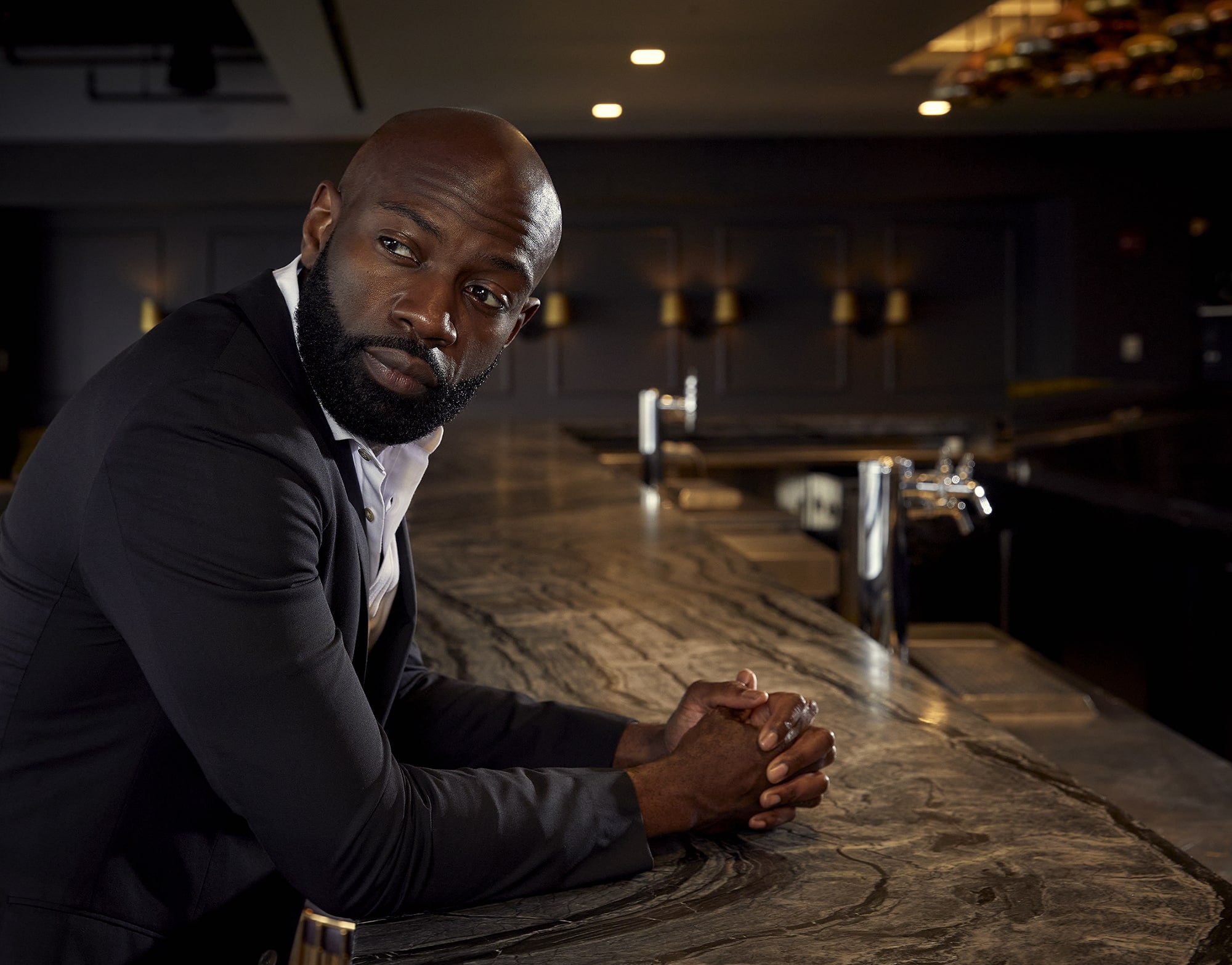
His latest role could top the lot. He plays the British foreign secretary in the smart and slick new Netflix series ‘The Diplomat’, which has all the ingredients of a huge international hit. Keri Russell, star of the late 1990s’ teen drama ‘Felicity’ and the FX spy thriller ‘The Americans’, plays a streetwise civil servant given the prestigious position of ambassador to the UK — despite the fact she’d rather be in war-torn Afghanistan — and tasked with improving America’s reputation abroad. David shines among a talented class, with his role pivotal to the themes raised by showrunner Debora Cahn — known for her work on other political dramas ‘Homeland’ and ‘The West Wing’ — about the current state of play in the world of international diplomacy. And among the conflict and combat is a peppering of twists, romance, and humor — ensuring it will win the hearts and minds of a broad audience both sides of The Pond.
We hope you glean some wisdom and inspiration from our conversation with David, discussing his unique path to success and happiness. (And if you’re wondering what happened to his daughter Elèna, she’s now a successful actor too.)
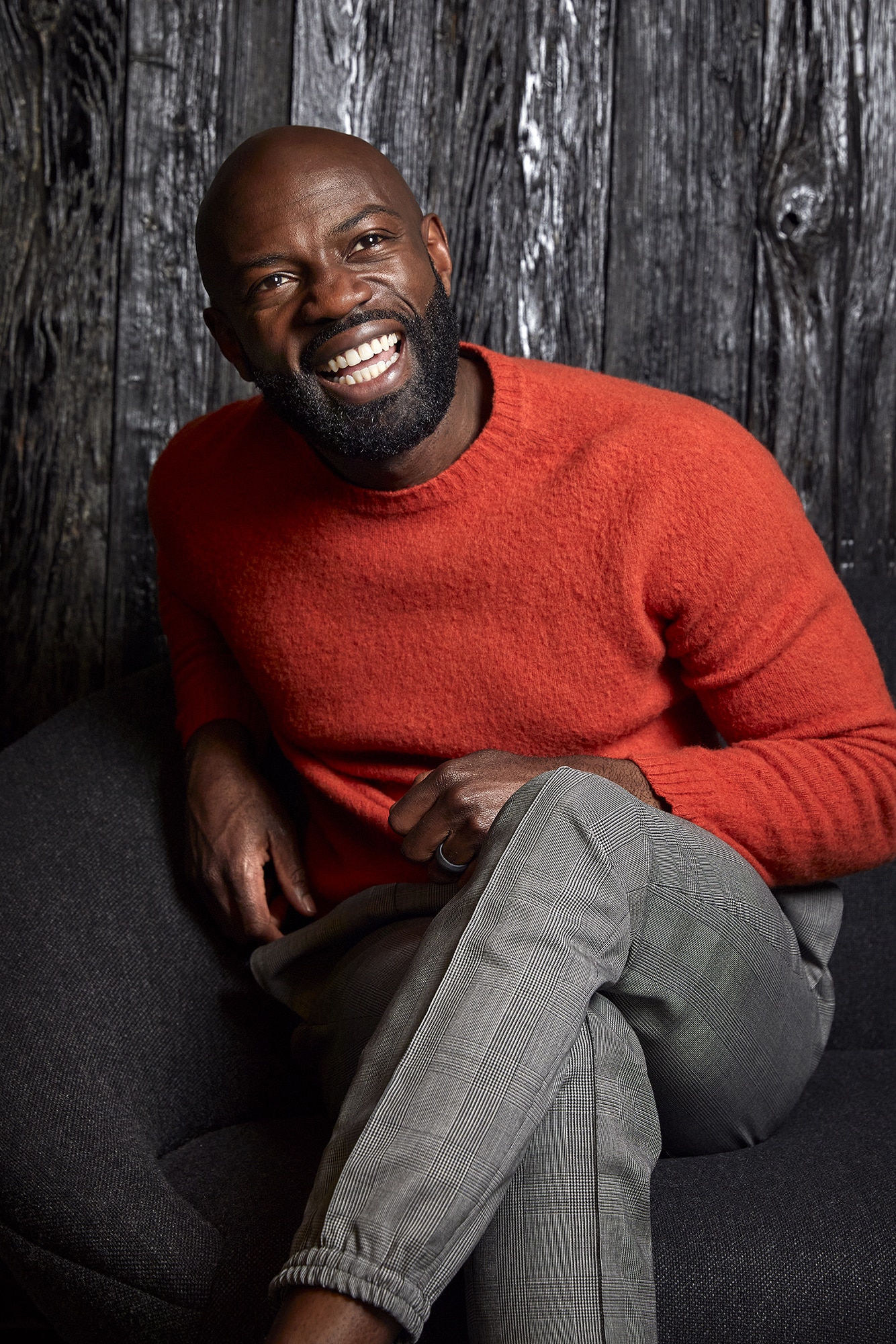
You grew up in West London as the son of Ghanian immigrants, how did that upbringing shape you?
I felt very surrounded by love. Very protected. My parents used to work three jobs in order to provide for us as a family — at that time there were three of us, my older sister, my older brother and myself. My dad worked at a Ford factory, which paid good money at that time, and my mum was a cook, working in the canteen at the London Underground. Dad would pick up cab driving work as well, and his family had a grocery shop, a butchers and an accountancy in Chiswick, so he helped out with that too.
And there was the other side of coming to the UK, being told their qualifications weren’t valid, and in the ’70s and ’80s it was difficult for immigrants. You could argue it still is today. So they were putting their kids first, but also trying to arm their kids for what they felt was to come.
There are two phrases my parents would use that stuck with me. One was, “Show me your friend and I’ll show you your character.” Another was a biblical quote, “You’re the head and not the tail.” When I was growing up, I would look at how people that look like me were depicted on TV, and it was not what I saw in my father, brother, mother, sister, uncles or aunts. The environment that they landed in, they had to tell themselves this is who I am, regardless of what a neighbor down the road thinks or wants to project on me. I based a lot of decisions in my life around those phrases. They were very helpful.
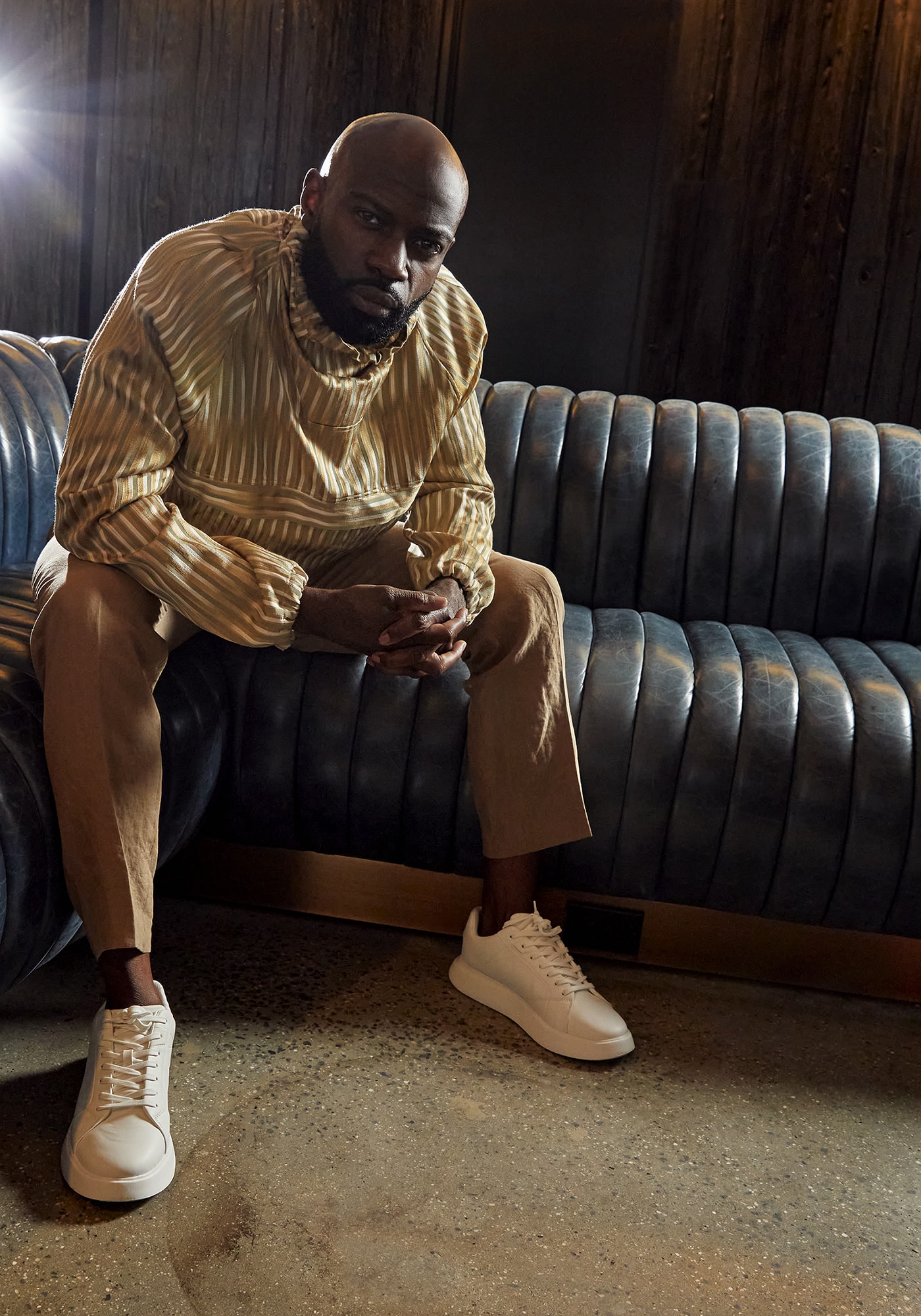
Did faith play an important part in your upbringing, and does it still in your life today?
Yes, definitely. As I was flying to New York from London for this promotional tour, I was looking out of the window at the beautiful clouds, and a gospel song randomly came onto my playlist, and it made me feel very thankful and grateful for my journey thus far. I really value that connection and relationship that I have with the bigger force, with God. So much so that I wake up super early and spend time reading scripture, meditating, watching the sunrise. I enjoy it, it sets me up for the day, and it’s a massive part of my life.
Part of my story is I had my first child when I was 19, and my wife Emma was 18. I wanted to lead by example, and for my kids to see someone who was going after their dream. So I was going to the University of Middlesex in North London, which was a two-hour train journey from my home in Hayes, West London, to study performing arts. Then I was getting home, spending some time with my wife and daughter before going to work in Tesco [supermarket] until about 2am in the morning. I just thought, “I have to give this a go.”
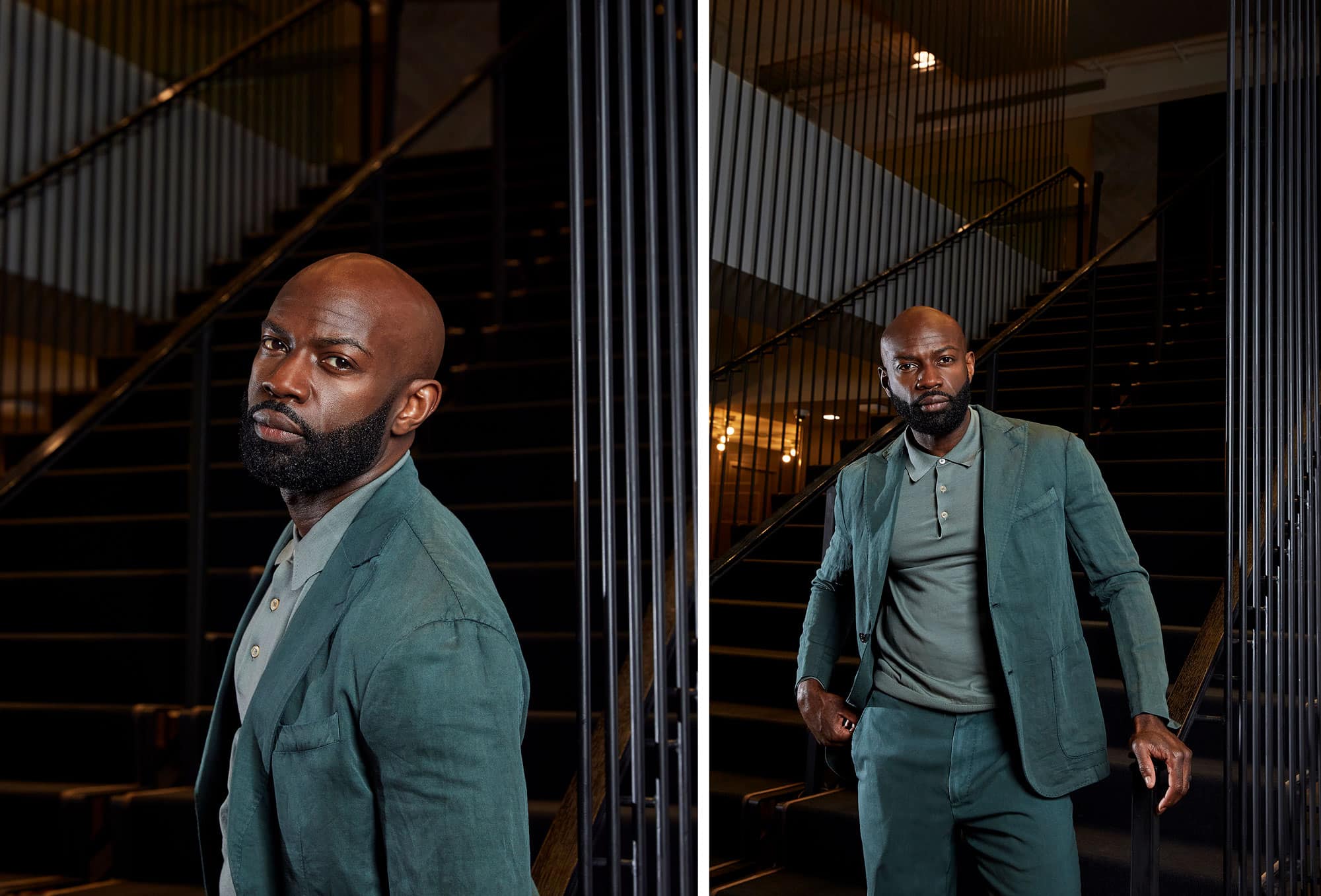
Every logical voice was saying, “Don’t have this baby.” We’d just done well in our A-Levels, we were happy, the medical profession was advising us we were too young and had plenty of time to have kids. There was so much noise. But when my wife and I had some quiet time, we would just feel a sense of peace. I felt God say, “I will look after this child,” and I felt that bubble of stress just burst.
I’ve just started Will Smith’s book, and he describes this massive wall that his dad made him and his brother knock down and then build again, and it took them five or six summers to rebuild it. They were complaining one day, saying it was impossible, and his dad came outside and said, “Stop focusing on the wall, it’s just bricks. You see one brick and you lay it as perfectly as you can, then you go to the next brick and you do the same.” That really resonated with me. My wife and I just figured it out, brick by brick.
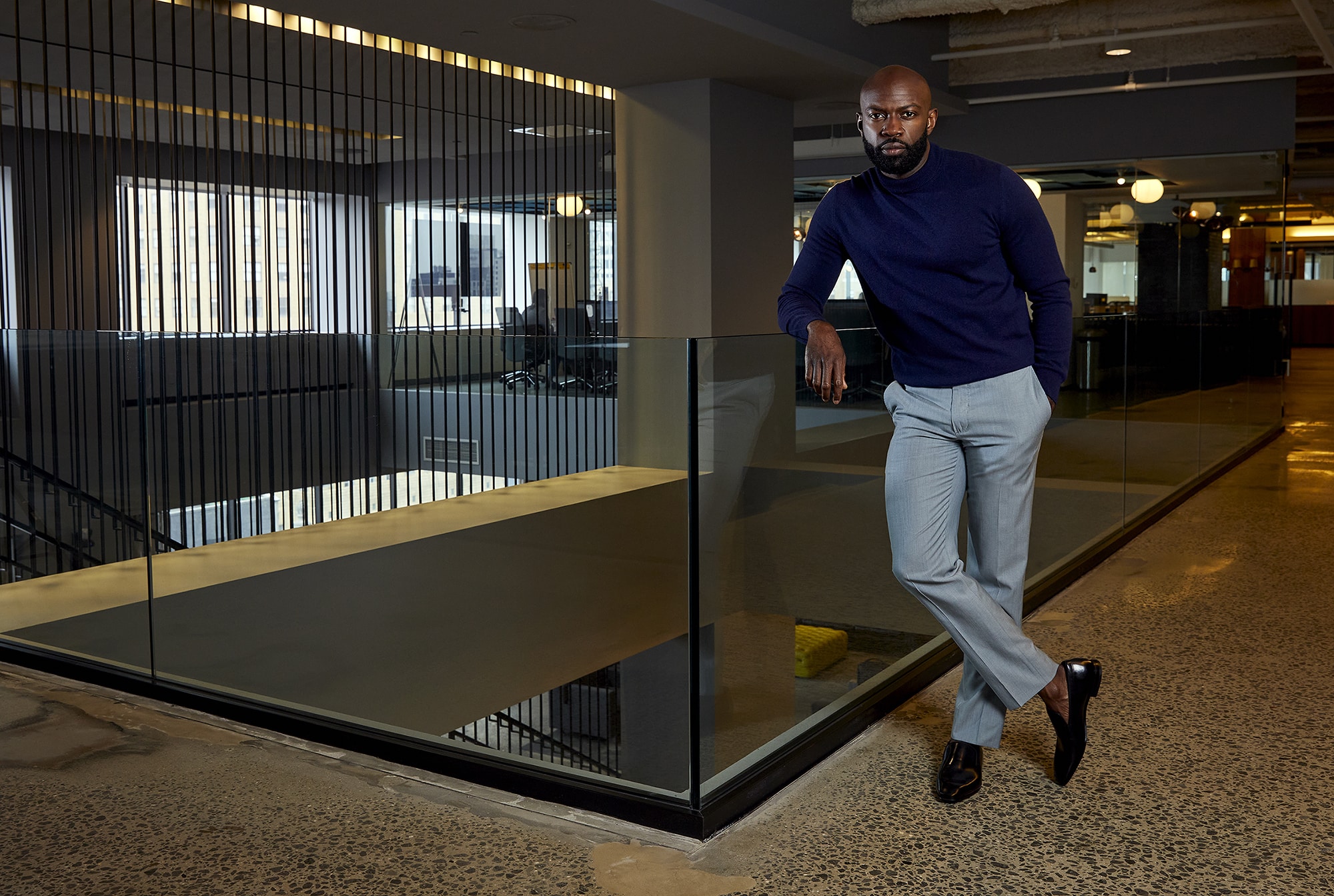
I understand you played soccer to a high standard too, how did that fit in?
I learned a lot on sports fields. I played rugby and learned about compartmentalizing, releasing a certain amount of aggression on a pitch and then putting on your school tie and having a sandwich with these guys you’d just been fighting with. I captained the basketball team at school and was vice-captain of the football, cricket, and rugby teams, and I learned how different personalities reacted to different approaches when you are leading a ship like that. Some personalities you have to rile up, while others you have to put your arm around.
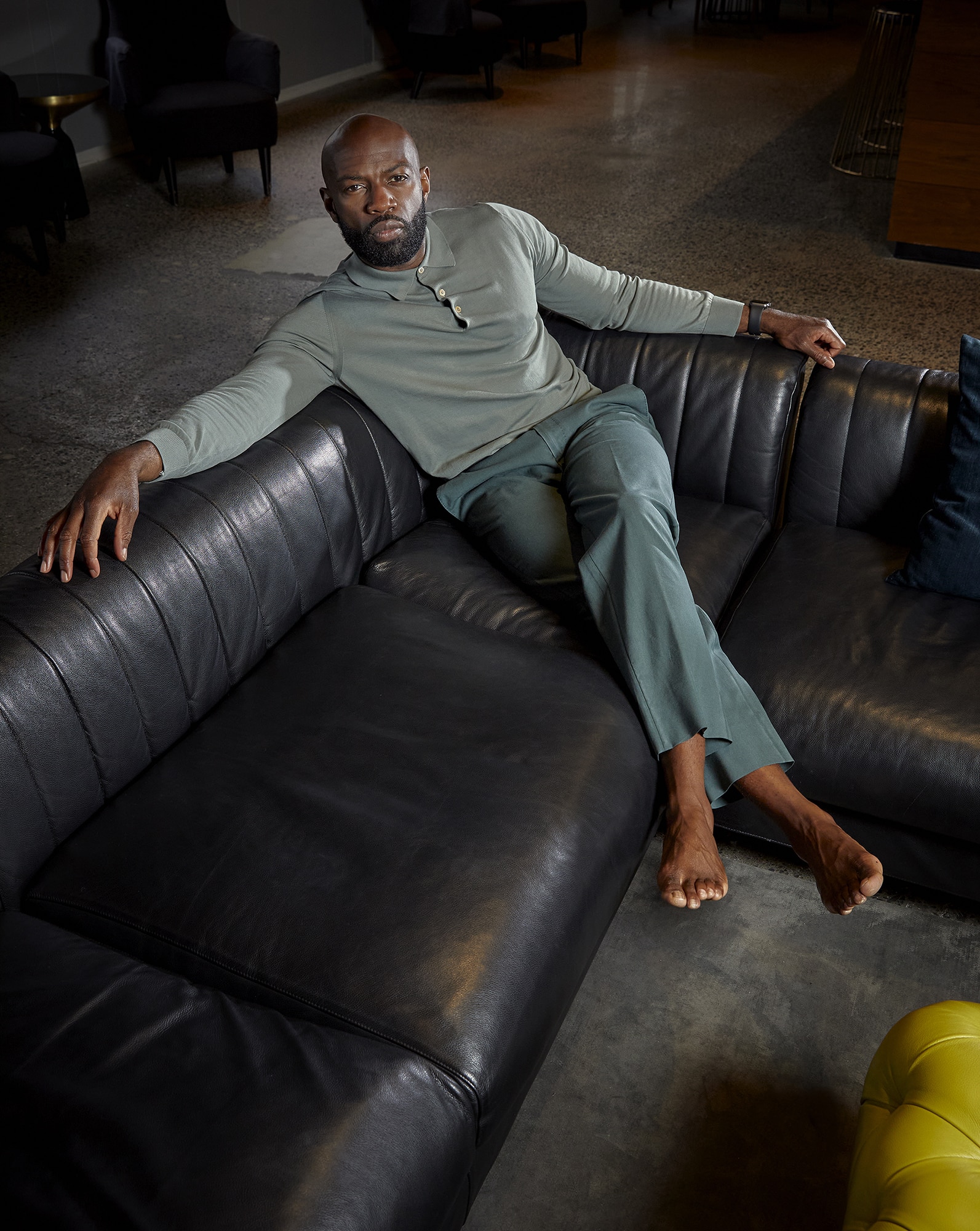
‘The Diplomat’ is going to be a huge success. It has a slick, international feel to it. It’s very smart, and has broad appeal. It’s also saying some interesting things about the world of politics and the ‘special relationship’ between the US and UK.
Thank you for that, and I felt very similar when I read the script. I remember thinking it was different, exciting, funny, and intelligent. I play the British foreign secretary, and was intrigued because at that time we had not had a person of color as foreign secretary — although we’ve had two since! It’s a Tory government in our show, and I don’t naturally align with Conservative politics. So when I met with Debora Cahn (the creator and showrunner) I told her that to be a Tory member of parliament you will have probably have come from this kind of background and had this kind of education, so I was working to get my head around that. And Debora said, “What if he had a similar background to you, what would that look like?” She also said, “I have to believe that there are good Republicans and there are bad Republicans.”
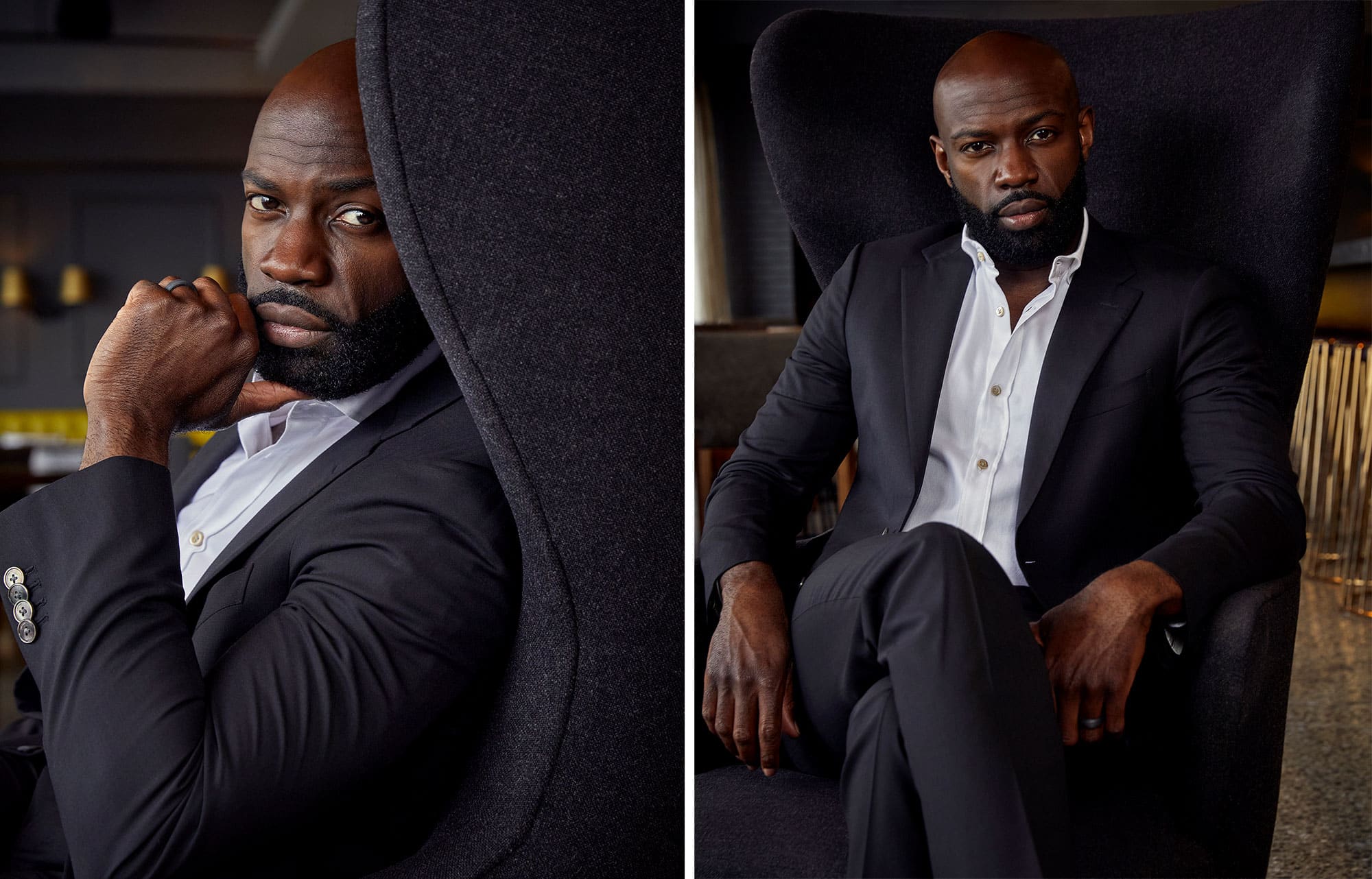
I think that’s very important in the arts, where there are naturally lots of left-leaning people, to be compassionate about the folks on both sides of an argument.
There’s a saying I heard, that when the left wing and the right wing were explained to an elder, First Nation citizen, he said, “What if I told you the left wing and the right wing were part of the same bird.” Debora’s point was that when any party, Republican or Democrat, looks like they are driving off a cliff, there are people who jump off the ship and say, “Not in my name.” That’s a noble stance to take. But there are also other good members of that party who stay in there and try to steer the ship back on course. That is where she thinks Austin Dennison [the foreign secretary in ‘The Diplomat’] lives. And that’s when the role really got interesting to me.
I interviewed a politician as part of my research, at a time we had a lot of politics in the news. I sat down and said, “How are you? It must have been quite a week!” And he said, “That’s just noise, here are the things I’m actually dealing with.” It was a whole other level of stuff. It’s the nuance of what it takes to run a country alongside others, without offending people, losing face, going to war, that’s what the show’s about — diplomacy.
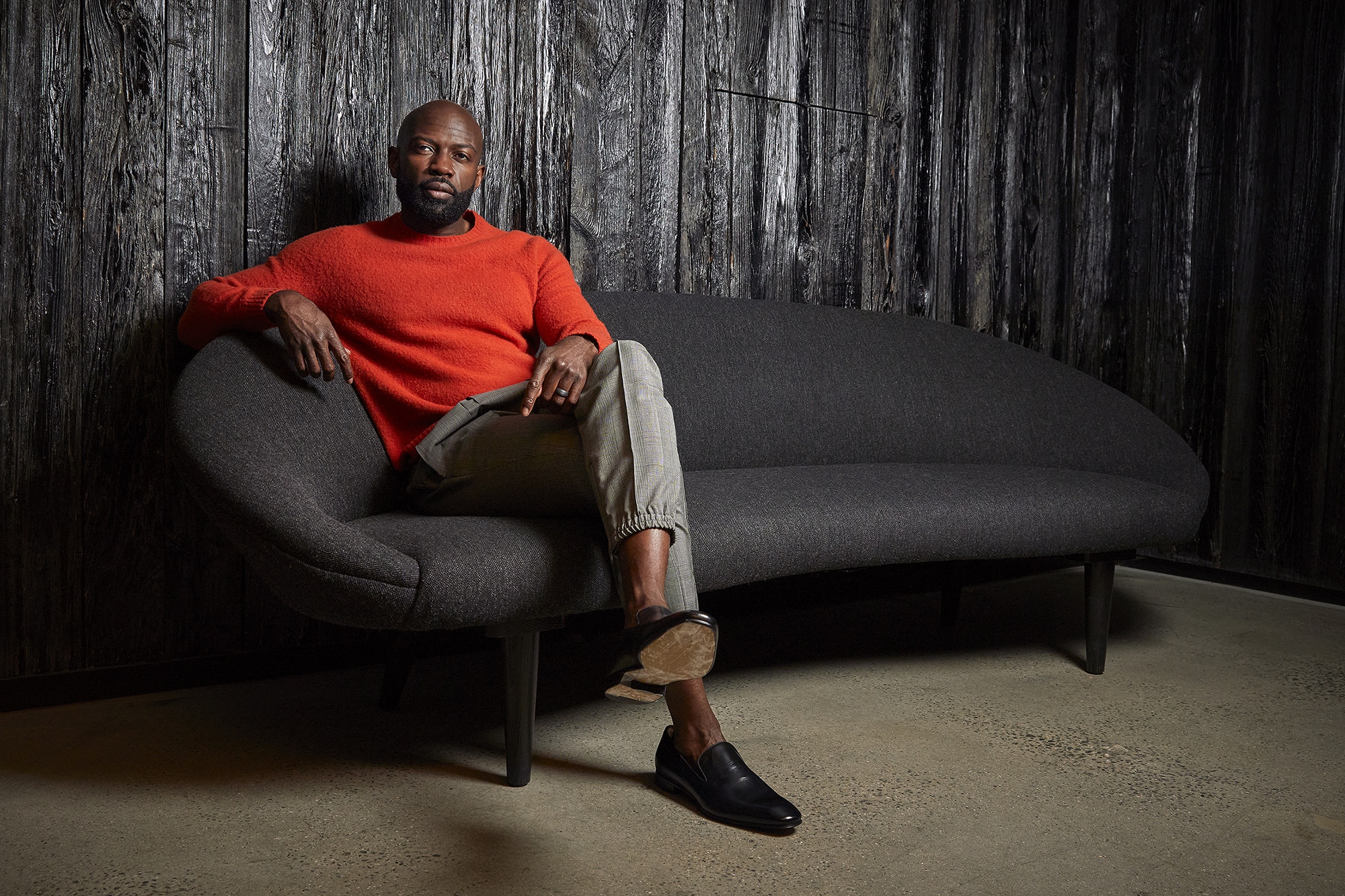
Finally, please tell us about working with Christopher Nolan in ‘Interstellar’. As a captain, was he the sort to rile you up, or put an arm around you, or a bit of both?
He’s a visionary. So focused and clear. As an actor, I study the gaps and the silences in between the noise, because there’s such richness in that. And in those moments for him, his family was his priority. I admired that he could be that focused and determined in his career while also holding his family so dear, because that’s also what’s important to me.
I remember on our first day I went into the hotel restaurant, and grabbed a plate of food and sat in the corner to go over my lines. Then Anne Hathaway called me over to join them, and suddenly I’m at this table with her, Christopher Nolan, Matt Damon, and Matthew McConaughey. Needing to hear “the head and not the tail” because suddenly I’m surrounded by people with very different lives to me. And I’m supposed to be sparring with these people.
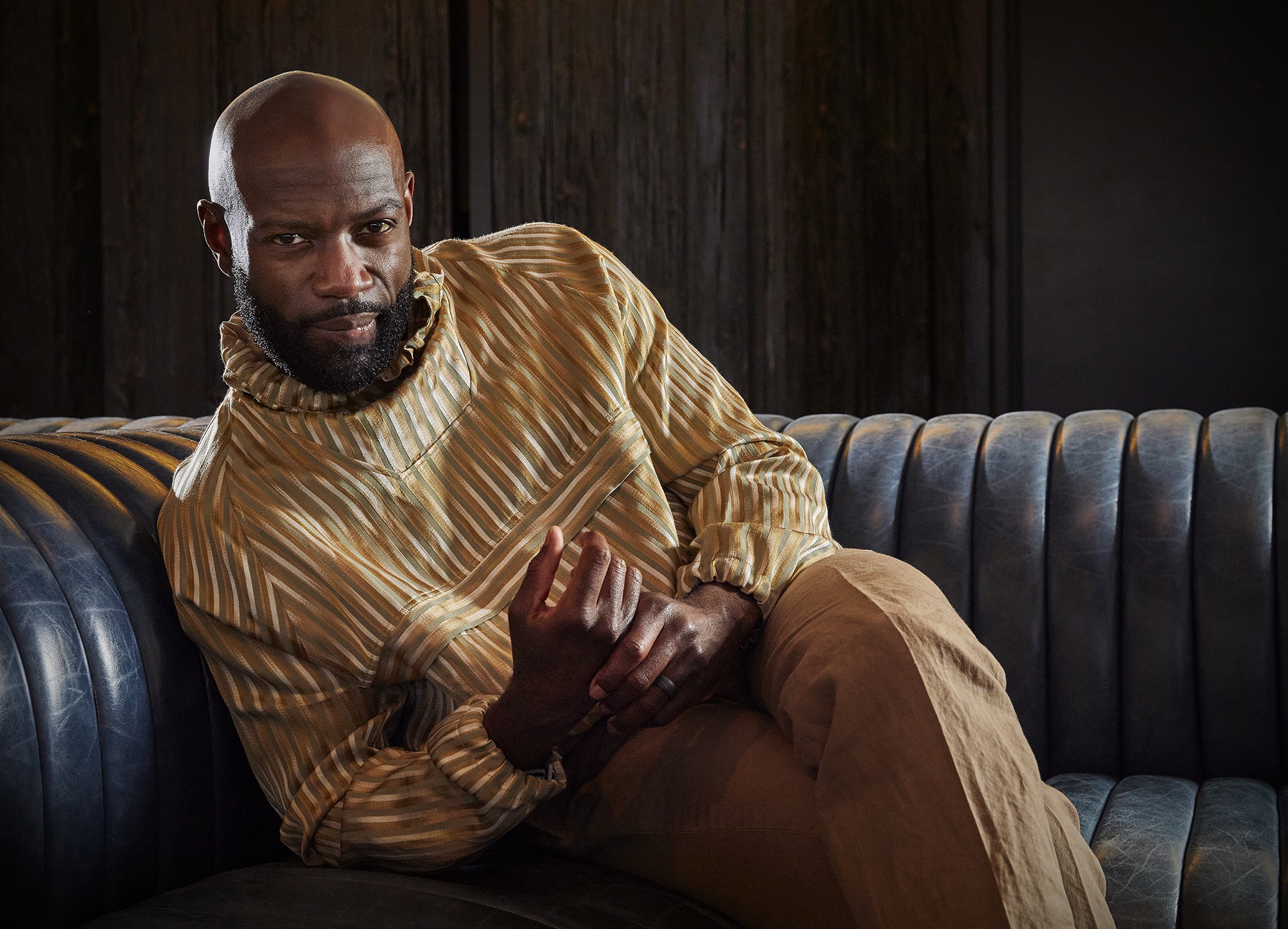
I guess I was kind of caught up in that overnight, because the next day we were rehearsing and there was this big gap. I’m thinking, ‘Someone’s messed up, this is awkward.” Then I realized it was me. I looked over at Chris, and said, “Sorry, line?” And he said, “I don’t know!” In that exchange, what I felt he was saying was, “I have cast you out 1000s of people, organized a visa saying you are an alien of outstanding ability, know your line!” From that moment I did not drop a ball. And then four months later, I was flying home to London and was physically shaking for half an hour after I sat down on the plane, just releasing that tension, before I settled down.
I said to Chris once, it amazes me that when it says start at 7am, we are always filming at 7am, and we never ran over, we never shot on weekends, and he always comes in under budget and ahead of schedule. He’s a studio’s dream. He said he just expects everyone to bring 100% when we’re working, then we will enjoy our evenings and weekends. He’s that kind of captain. Again, it’s just brick by brick, I guess.
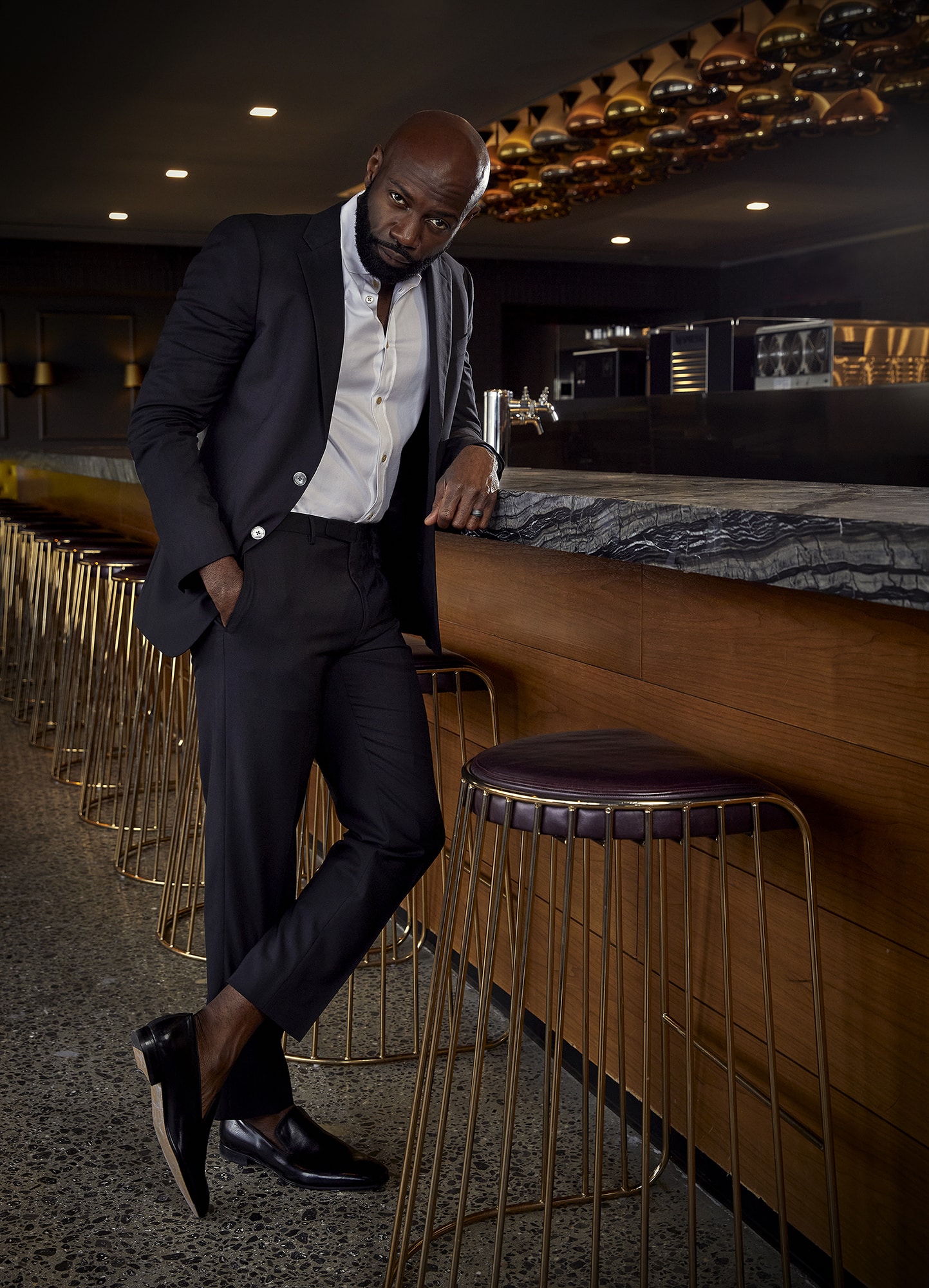
Stylist — Odile Iturraspe
Groomer — Bethany Townes
Barber — Dion Ross
‘The Diplomat’ is now streaming on Netflix


